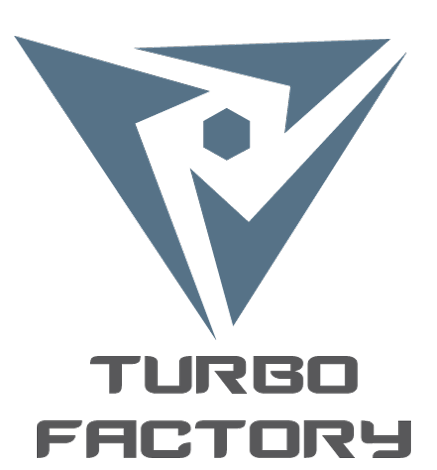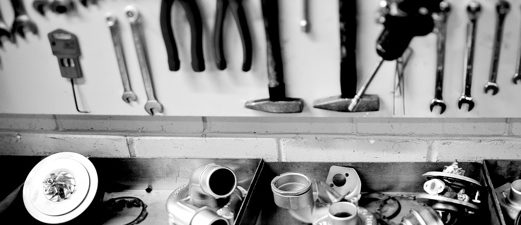Causes of turbo failure
Turbo-compressor: this is the integral part of the engine, so its failure is also associated with engine failure or the maintenance. Using a turbo-compressor correctly can cause a longer performance, therefore there are many reasons as to why it may fail.
Usually turbochargers fail due to other reasons. Faulty turbochargers are either repaired or replaced by a new one. In these cases, when reconditioned turbochargers or new ones are repaired in an auto service, they do not eliminate the fundamental causes and leave a high probability failure repeating, causing the vehicle’s owner dissatisfaction.
Turbocharger failures are divided into two groups: those caused by exterior factors and abrasion.
When turbo-compressors are damaged due to exterior factors, it is very important to remove the root cause otherwise, a new or refurbished replaced turbocharger will immediately fail again.
About 60% of turbo failures are caused by abrasion. Such failures can be eliminated by replacing the repair kit (Bushings, thrust bearings, rings) and the re-balancing of turbochargers. Infrequently, to determine the causes of failure is almost impossible- broken or fractured high speed rotating impeller, fittings and beaten turbochargers are all evidence of defectiveness.
Turbochargers cause of failure in detail:
Unclean oil
Dirty or faulty oil:
Is one of the main reasons for turbocharger failure. Without changing the oil filter in time, the oil filter is unable to filter the oil initially affecting the turbo-compressor. But even changing the oil on time can lead to contamination. The reason mainly lies in the engine. Dirty oil not only accumulates in the filter, it also sticks to the wall, technological holes and other places where the oil poorly circulates. If dismantling the engine, adhering dirts are moved and circulating oil is absorbed into the system.
Primarly repairing the engine, abrasive particles and remains are left unclean in the engine cylinder, head and elsewhere. After starting the engine with clean oil, in the first 150-200km for a passagers car and a truck of 350-500km, abrasive is cleaned and filtered. During continuous driving, filters are no longer able to filter and the oil is saturated with abrasive particles which begin to tamper the turbo-comprssor.
After engine repairs, it is necessary to change the oil in a passagers car of 150-200km and a truck of 350-500 km.
Turbocharger additional load
Additional load tends to corrupt the thrust bearing, turbine or compressor impellers. These loads occur due to:
- Clogged air filters
- Failure of mountain brake system
- Preassure leak system
- Incorrectly set fuel pump
- Clogged catalyst in the exhaust system
Oil supply delay
Begins from engine start-up until the oil gets into the turbocharger and the turbocharger axis begins to lubricate under pressure. Reasons for oil delivery delays:
- Turbocharger replacement, lubrication systems, and other service units installed at the wrong time
- Oil and filter change
- Long exclusion of car or truck
- Low engine oil preassure, oil pum failure
- Oil contamination or dilution with other liquids
- Low oil level or the egine is at an oblique angle
Foreign object accessed turbocharger
Reasonss for foreign objects entering a turbocharger:
- Dirty or ripped air filter
- Fractured air intake hose
- Engine failure (metal object)
- Broken rings, valve failure and others



